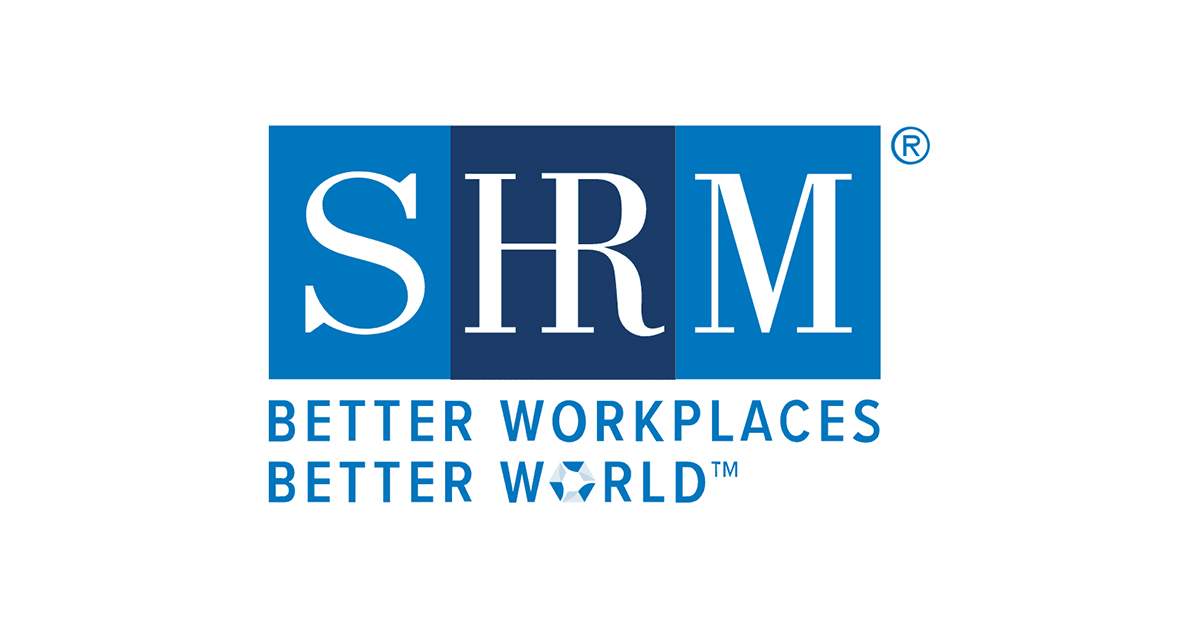Last week, the U.S. Congress passed a bill to end forced arbitration in cases that involve sexual harassment or assault. The bill, known as the Ending Forced Arbitration of Sexual Assault and Sexual Harassment Act of 2021, arose out of the #MeToo movement and was originally introduced in 2017.
As one of the most significant changes to employment law in many years, the bill received overwhelming bipartisan sponsor and vote support, and it is expected to be signed into law by President Biden. The new law will also present an opportunity for employers to finally live up to the promise of providing workplaces that are free from harassment. Even though sexual harassment has long been illegal, policies and mandatory training have not always done the job.
Affecting nearly 60 million U.S. workers whose contracts include forced arbitration clauses for sexual harassment and assault, this bill lifts the shroud of secrecy that surrounds these cases and allows workers who have been victims of sexual harassment and assault to have their day in court. Until now these cases have been arbitrated by company-appointed arbitrators who, by nature of who’s paying them, had the employer’s best interests at heart, not the employee’s.
forced arbitration clauses for sexual harassment and assault, this bill lifts the shroud of secrecy that surrounds these cases and allows workers who have been victims of sexual harassment and assault to have their day in court. Until now these cases have been arbitrated by company-appointed arbitrators who, by nature of who’s paying them, had the employer’s best interests at heart, not the employee’s.
The big issue here was that most workers weren’t even aware of the small print in their contracts outlining forced arbitration until they had a reason to initiate a claim for sexual harassment or assault. With no recourse to trial in a courtroom and no ability to appeal, forced arbitration clearly favored the employer and protected the harasser who was never publicly accused.
The history behind forced arbitration
Arbitration was originally, and still can be, a reasonable and cost-effective way to settle disputes between equal parties. However, when it evolved into forced arbitration, it became a way for big corporations to gain an upper hand over workers, by limiting their ability to sue them or take them to court.
In the 1980s, the U.S. Supreme Court expanded the list of disputes under the 1925 Federal Arbitration Act (FAA), which was enacted to allow businesses to have a more expedient and less expensive way to settle disputes among themselves. The Supreme Court further expanded this list in subsequent years to include sexual harassment and assault, along with discrimination based on race, age, gender or disability, thereby making arbitration the only means to settle employment disputes and prohibiting class action suits against an employer.
Forced arbitration in sexual harassment and sexual assault cases
Forced arbitration used to settle sexual harassment and assault cases has allowed corporations and those who are guilty of sexual misconduct to remain nameless, while victims were powerless to affect change within the system. Employees who receive settlements are unable to speak about them, allowing the cycle of misconduct to continue, as the Harvey Weinstein debacle clearly demonstrated.
By denying access to a jury trial, victims received limited settlement amounts and lost any right to appeal the arbitrator’s decision, while being forced to remain silent – a missed opportunity to speak out and ensure the behavior is not repeated.
If sexual harassment is pervasive in a company, there is no path for victims to confront the one accused of harassment or the company together. They are forced to bring their cases individually to arbitration. When employers can manage something behind closed doors, they typically settle a case with a confidentiality clause. So, what happened in the past in similar cases aren’t used to inform decisions, and the misconduct can continue, whether there is one individual wrongdoer or a culture of them.
Last week’s legislation changed all of this.
Effects of the new legislation on the employer and employee
The passage of the Ending Forced Arbitration of Sexual Assault and Sexual Harassment Act of 2021 disallows any wording in employee contracts, including those already signed, related to forced arbitration in these types of cases. It also ensures that greater transparency is now possible.
This new legislation allows employees to:
- File suit in court for incidences of sexual misconduct in the workplace, with their own legal representation.
- Elect to arbitrate their case if they prefer to keep the matter private and out of the media.
- Join class action suits in court or in arbitration.
Under the new legislation, employers can no longer:
- Use forced arbitration to settle claims related to sexual harassment or assault.
- Silence workplace victims of sexual assault or harassment, which protected predators, repeat offenders and the corporations they worked for.
Legislation that opens the door to greater transparency and trust
For decades, organizations have created policies and training aimed at preventing workplace harassment. A commitment to a workplace free from harassment means embracing the transparency that is possible with this new legislation. Forced arbitration has never been transparent – eroding trust and damaging employee culture. With the ability to name harassers and bring them to trial, the process opens the door to a workplace where employees can see that policy violations of this type are confronted and handled fairly, with a consistent process, and follow-up action is taken.
Companies without a culture of consistently addressing these types of issues effectively will now be at greater risk for class action suits, so maintaining proper documentation and conducting thorough investigations are critical to appropriately identify, deal with and eradicate this type of misconduct. Documentation related to how cases have been handled in the past is now much more critical.
Companies will need to ensure that they have clearly communicated policies, consistent processes, and employee relations case management and investigation technology (HR Acuity). They will also need to have a mechanism in place so that employees feel safe and supported to come forward when they are victims of sexual assault or harassment. Using a technology solution, like HR Acuity, also provides rich data and analytics to enable companies to identify potential “hot spots” in their organizations and mitigate risk.
This legislation offers another tool for HR and business leaders who have worked to prevent harassment for decades but have remained frustrated with the lack of progress. Greater transparency will allow institutions to learn from situations involving sexual misconduct and work to ensure they are not repeated. It’s an opportunity to build a culture where the misconduct doesn’t occur in the first place, and where employees can expect to come to work free from harassment. They can, instead, focus on their work and on serving customers, leading to further organizational success – for everyone.
Bipartisan support of this scope is unheard of in this age of hyper-polarization. The fact that this legislation passed so clearly and will be signed into law speaks to its obvious necessity and recognition of the scope of the problem. Let’s hope this is just the start, and that we’ll see similar laws that continue to hold organizations accountable for the safety of employees and accountability around all types of discrimination.
For more information on conducting interviews to assess credibility in “he said/she said” cases, tune in to this on-demand webinar, Expert Webinar: Who’s Lying? Using the Cognitive Interview to Assess Credibility in Workplace Investigations.




